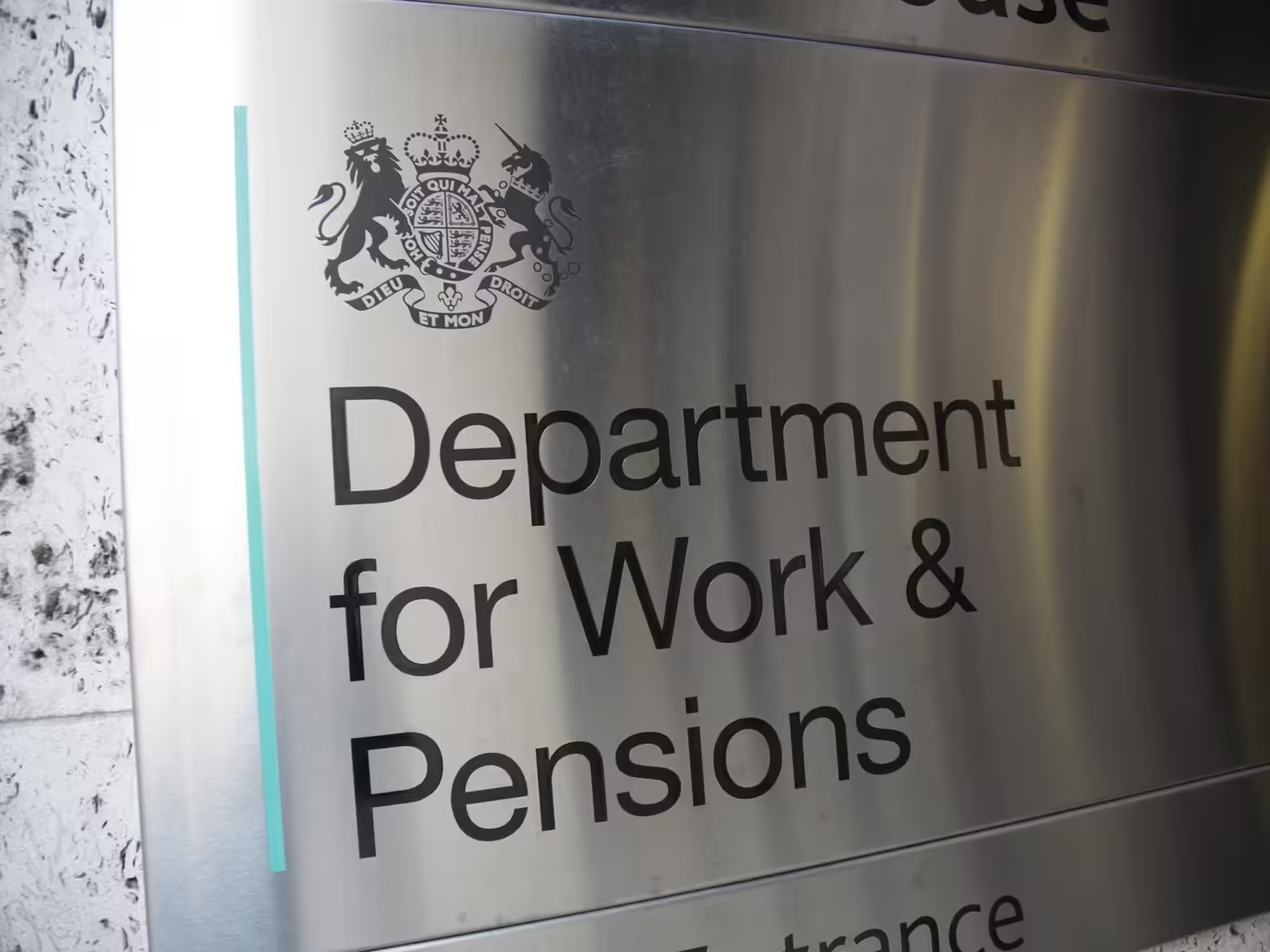The UK government is proposing major changes to the benefits system, in response to the increase in people claiming benefits for disability and ill health. The proposals, which will be consulted on in the coming months, focus mainly on replacing the personal independence payment (Pip).
Pip is a working-age benefit to help disabled people with the additional costs associated with a long-term health condition or disability. Currently, people receiving Pip must undergo an assessment of the impact of a health condition on day to day activities.
The benefit is paid every four weeks and has two elements: a daily living component paid at either £72.65 or £108.55 per week, and a mobility component paid at either £28.70 or £75.75 per week.
The government wants to move away from this regular cash payment model, and instead provide vouchers for services such as counselling and one-off payments for adaptions in the home. This could mean claimants being asked to provide receipts for expenses such as transport or medical costs.
There are a number of problems with this. For many people, Pip is a vital source of income for not only health-related costs, but also for general living expenses such as rent and utilities. Research shows that, on average, disabled households need £975 more per month to maintain the same standard of living as non-disabled households. This can be because of specialist equipment, the energy costs associated with it, or other mobility and accessibility needs.
An approach which requires people to claim only for specific expenses will create financial hardship for many disabled people, who often won’t have the extra cash on hand to pay for their needs and wait for government reimbursement.
It also fails to recognise the enduring nature of many disabilities and health problems, removes choice and suggests that disabled people’s expenses need to be “approved”. This approach implies that people with disabilities can’t be trusted to spend money wisely or know the best way to address their needs.
Many Pip claimants will also receive other benefits, and have been hit by an average reduction in overall benefit payments of £1,200 per year since 2008.
Around 2.6 million people claim Pip, though this number is rising, with 33,000 new claims a month, twice the pre-pandemic rate. Nearly a quarter of adults in the UK report that they live with a health condition or disability, and the government projects that over the next five years spending will increase by 63%.
The proposals are driven by a desire to save money and reduce the number of people claiming Pip. But these aims can’t be achieved without increasing financial hardship on people. It could also create unnecessary administrative burdens in a system that is already difficult to navigate.
Much of the noise around these proposals – the focus on numbers, and work and pensions secretary Mel Stride’s claim that people receive “thousands of pounds per month” (later corrected to thousands of pounds per year) – creates the impression of a soft-touch, easily accessible system.
However, my research with Pip claimants found a system which is incredibly hard to navigate, characterised by poor communication with the Department for Work and Pensions and complicated forms which make it hard to capture complex health conditions. Participants told me that negative messaging about benefit claimants can be overwhelming for people with mental health problems.
The government is right that improvements are needed to the system. However, the focus should be on improving the accuracy and timeliness of decisions made by the government about who is entitled to Pip.
The current system, which relies on the use of private companies to administer medical assessments, is expensive and often produces inaccurate reports. A move to rely on medical evidence from professionals who are familiar with a claimant’s condition would be straightforward and enhance accuracy.
Many claimants with long-term conditions are compelled to make repeated fresh claims for Pip and are required to regularly attend medicals and complete claim forms. This is unnecessary where there is evidence of ongoing health issues, and causes stress for claimants and unjustified pressures on public expenditure. There is already a significant backlog in the Pip system – complicating the process through receipts and vouchers would make this worse.
Single grants and vouchers undermine the principles of a welfare safety net, which should provide a greater level of economic security for the population. Ongoing benefit payments should relate to actual costs in life and protect people from slipping into poverty.
The numbers of people who rely on disability benefits will decline if the causes of illness are proactively addressed and appropriate support provided. This includes adequate funding for health and social care services, working to address housing insecurity and social isolation and reducing waiting times for hospital appointments and therapeutic support.
Both the Royal College of Psychiatrists and British Medical Association have called for a focus on improving population health, particularly for people with mental health problems, rather than reducing social welfare support.
This should be the focus of government attention, rather than misguided cost-saving changes to Pip. Continuing need cannot be met by one-off responses.





















